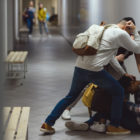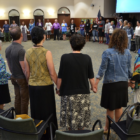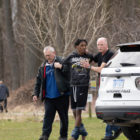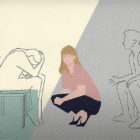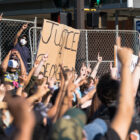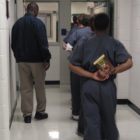
Alabaman is appealing 55-year sentence for participating in a burglary ending in teen friend’s death by police
|
LaKeith Smith, under Alabama’s felony murder law allowing prosecutors to charge a person considered an accomplice to a crime, was faulted for his friend’s death. No evidence that the teen fired or possessed a gun was presented during the trial. Smith, now 23, should never have been in that group of boys, his mother said, making trouble with them. He also should not be serving a 55-year sentence in a maximum-security prison...
